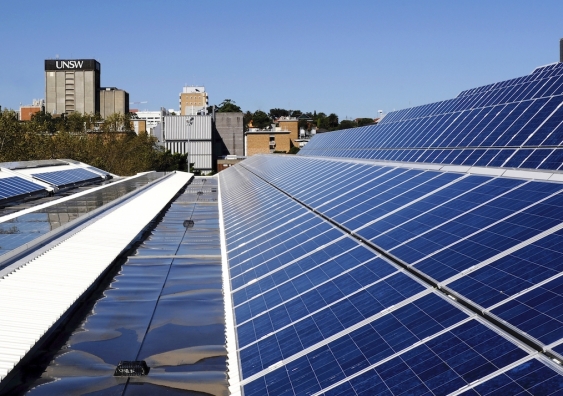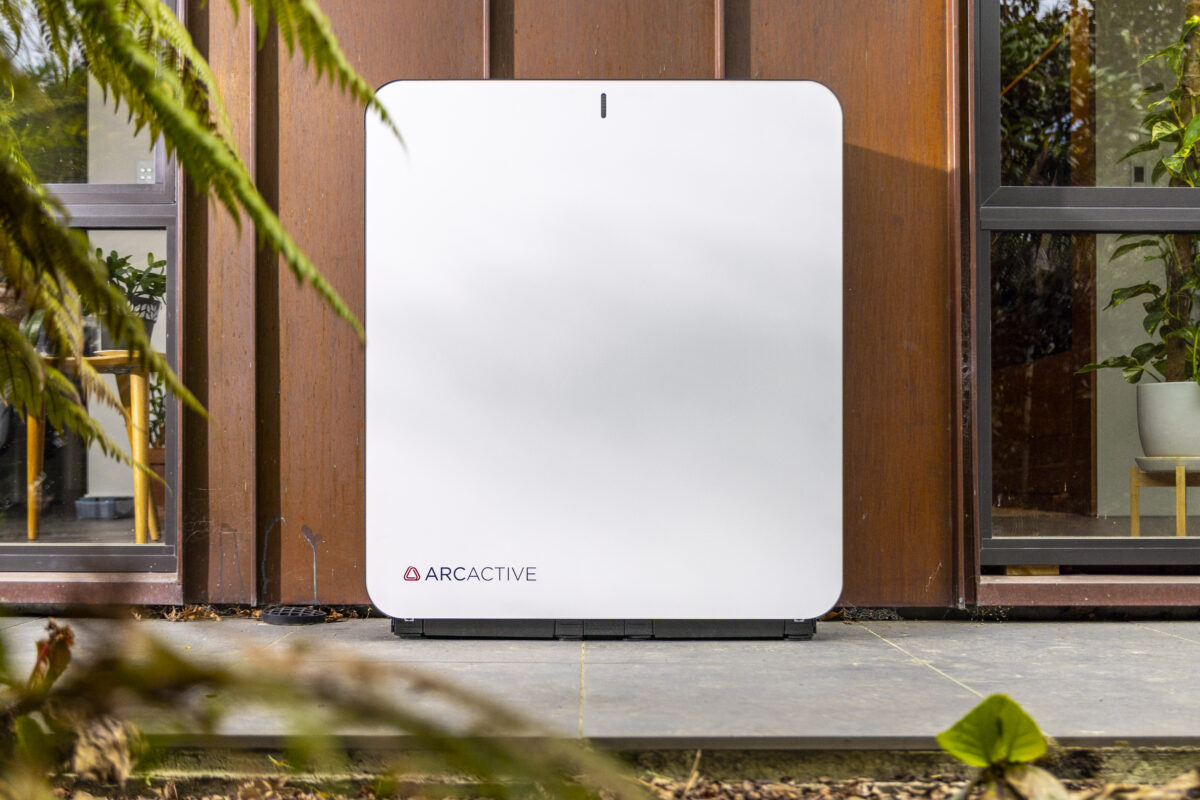Based at the University of New South Wales (UNSW), the Australian Centre for Advanced Photovoltaics (ACAP) will receive up to $45 million from the Australian Renewable Energy Agency (ARENA) to develop better and cheaper solar technologies that will help cut energy costs and reduce emissions.
Federal Energy Minister Chris Bowen said the research done by ACAP will help kick the nation’s renewable energy transformation into gear, and provide access to cleaner, cheaper power for Australia and the rest of the world.
“Australia has all the ingredients to become a renewable energy superpower with this government working collaboratively to ensure secure, affordable and reliable energy that drives down emissions,” he said.
ARENA chief executive Darren Miller said the funding, which will extend the operations of ACAP’s research program to 2030, would ensure the centre remains one of the world’s top research hubs for innovation in solar energy and solar PV technology.
“Australia is a world leader in solar PV innovation, punching far above its weight,” he said. “Through the funding for ACAP, we are ensuring that university research groups will continue to underpin education and training and ensure that Australia remains at the forefront of the PV industry well into the future.
“For Australia to really succeed in a net-zero world, we need to see continued innovation in solar PV to power the rest of the energy transition.”
Delivered by the UNSW School of Photovoltaic and Renewable Energy Engineering, ACAP includes research groups at the CSIRO, Australian National University, University of Melbourne, University of Queensland, University of Sydney and Monash University.

Image: UNSW
The latest round of funding will mean ACAP can facilitate a minimum graduation of 30 honours students, 10 masters students and 25 PhD students every year to 2030, employ 18 postdoctoral research fellows each year across the eight research institutes, and provide a comprehensive domestic and international knowledge sharing program.
ACAP’s research program supports ARENA’s ambitious ‘Solar 30 30 30’ goal – to improve solar PV cell efficiency to 30% and reduce the cost of installation of solar modules to 30 cents a watt by 2030.
Solar has experienced significant efficiency improvements and cost reductions over the past decade but ARENA said further improvements are needed to better facilitate the quickening transition to a renewable energy future.
In January, ARENA also launched a $40 million competitive funding round for ultra low-cost solar research and development, highlighting the importance of advancing solar research and technology to reduce costs.
“Ultra-low-cost solar will be key to enabling Australia’s energy transition and emissions reduction efforts, as it will help to lower the input costs for green hydrogen, low-emissions metals and other large-scale clean energy opportunities across all sectors as we move to net zero,” Miller said.
UNSW Professor Martin Green said ACAP is a critical element of Australia’s world leading research and development capability in solar PV, with benefits for emissions reductions in Australia and globally.
“The next decade promises to be the most exciting and important in solar PV, ever, with massively increased uptake and technological change,” he said. “With ARENA’s support, we will continue our world-class technology development including more efficient and powerful cell technologies and growing a sustainable solar sector at scale.”
The latest funding builds on more than $83 million in ARENA funding already allocated to ACAP for solar PV research and will be subject to the execution of a satisfactory funding agreement with the government.
This content is protected by copyright and may not be reused. If you want to cooperate with us and would like to reuse some of our content, please contact: editors@pv-magazine.com.








By submitting this form you agree to pv magazine using your data for the purposes of publishing your comment.
Your personal data will only be disclosed or otherwise transmitted to third parties for the purposes of spam filtering or if this is necessary for technical maintenance of the website. Any other transfer to third parties will not take place unless this is justified on the basis of applicable data protection regulations or if pv magazine is legally obliged to do so.
You may revoke this consent at any time with effect for the future, in which case your personal data will be deleted immediately. Otherwise, your data will be deleted if pv magazine has processed your request or the purpose of data storage is fulfilled.
Further information on data privacy can be found in our Data Protection Policy.